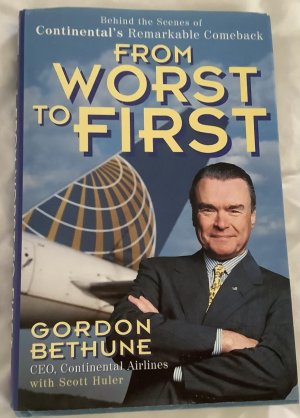Jason Mahoney er ansatt som ny COO i SAS fra 1 mai. Har tidligere vært hos British Airways og TUI, og tror kanskje det kan være fornuftig å hente noen utenfra denne gangen
https://www.sasgroup.net/newsroom/press-releases/2023/jason-mahoney-appointed-coo-of-sas/
https://www.sasgroup.net/newsroom/press-releases/2023/jason-mahoney-appointed-coo-of-sas/
Jason Mahoney will join SAS as the new Chief Operating Officer. He has extensive experience from the global aviation industry.


